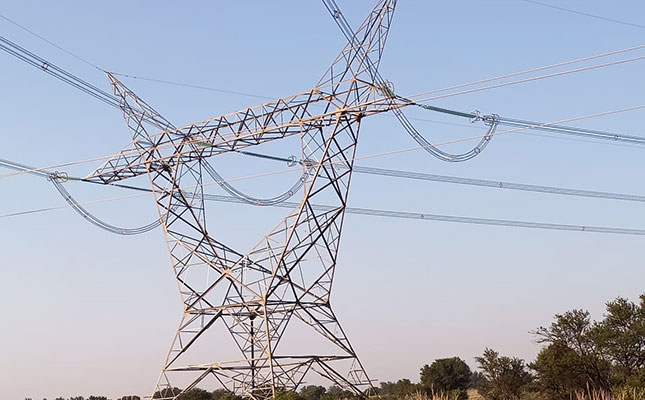
As an essential employer of South African people, and the key to our food security, the agriculture sector must be bolstered and supported as much as possible.
This doesn’t mean handouts; local farmers are more than capable of running successful capitalist businesses without the aid of the taxpayer. However, this does mean that government must provide the basic services which it has a constitutional duty to provide.
After making a list of roughly 20 issues which I think require urgent attention, I cut this list down to just four. I believe that should these issues be resolved, or we see some movement towards their resolution, South Africa’s agriculture sector will leap forward.
These issues are as follows:
1. Energy: this is a no-brainer for every industry in South Africa. Over the past year, we have been crippled by load-shedding, and small businesses are suffering the most. Many farmers are reported to be leaving the sector; most of these are new or small-scale farmers who don’t have the capital to invest in renewable energy. We are losing billions with every day that load-shedding remains, and the solution to this problem is simple: independent power producers (IPPs). However, the red tape remains, and little progress is being made to include IPPs in South Africa’s broader energy scheme. The unbundling of Eskom is essential in this regard, and while this has been promised repeatedly, it is yet to happen.
2. Exports: in order to ensure that farmers stay in business, we need greater access to export markets. This is also essential for the expansion of agriculture in the country, because with expansion comes greater employment opportunities. Unfortunately, producers and exporters are mostly in limbo when it comes to export markets. We need our bureaucrats to negotiate with our trading partners (and potential trading partners) to ease the process of exporting. This comes with ensuring that local phytosanitary and health protocols are improved.
3. Infrastructure: access to markets and ports needs to be made easier for farmers and processors. This means improving the railway system and ensuring that roads are maintained. This is a basic requirement of government, but the lack of said maintenance is reaching the point of no return in some areas.
4. Ports: market access means nothing if our ports aren’t working efficiently. While there has been some improvement at some ports (the Port of Cape Town, in particular), there is still a long way to go.
The answer to many of these issues is public-private partnerships. The problem is that the ruling party seems unwilling to let go of its monopoly. However, should the private sector be allowed to get involved, many of these problems can be readily resolved. We haven’t yet reached this previously mentioned point of no return, and hopefully we never do, but we need drastic action now from all stakeholders to avoid a collapse of these systems.










